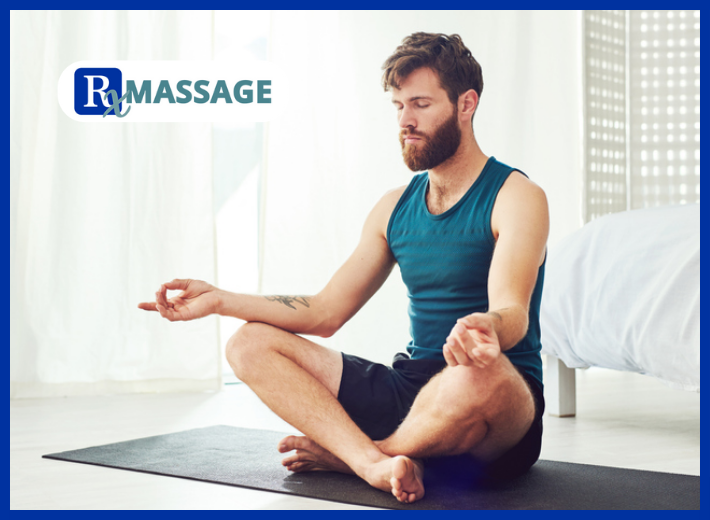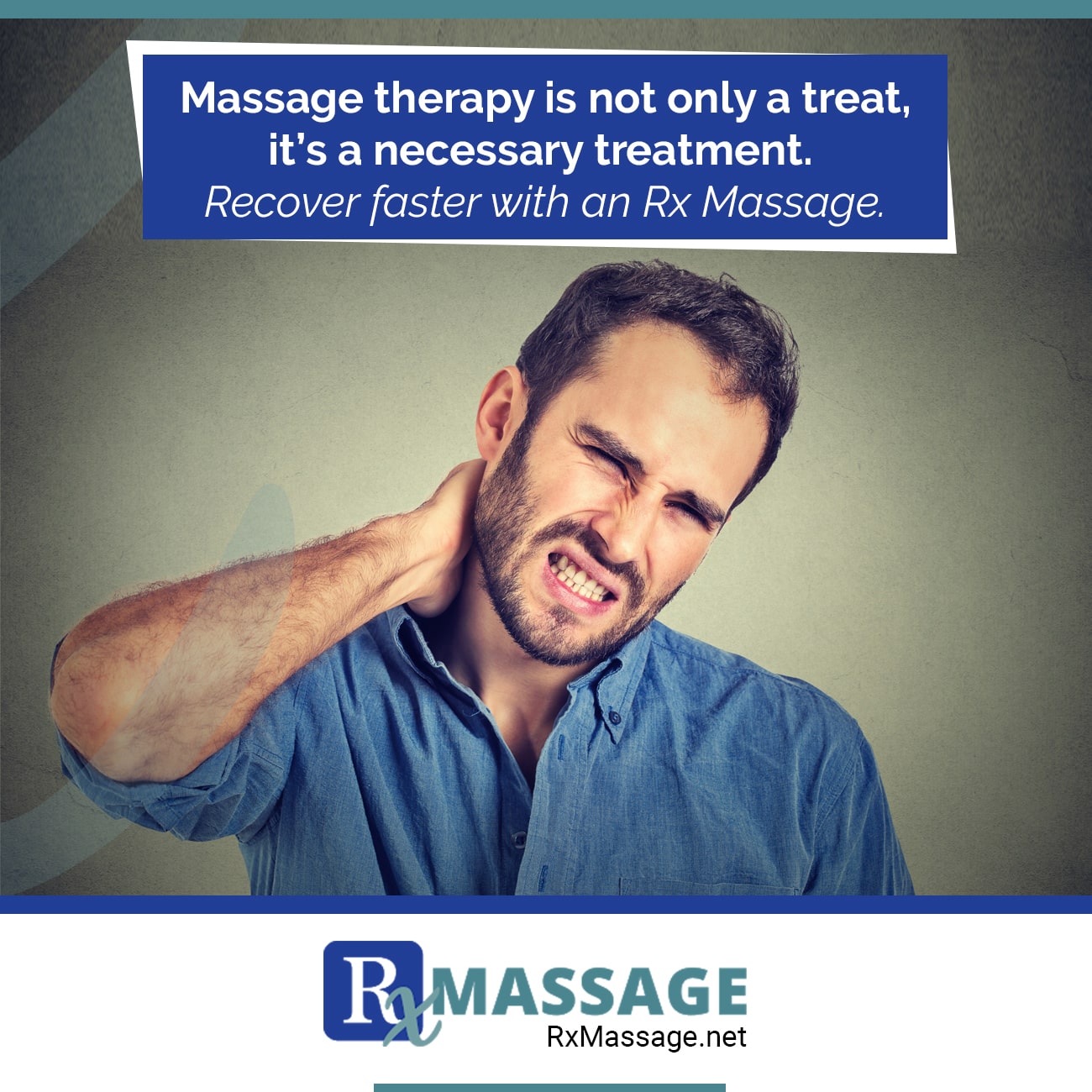The Power of Mindfulness in Injury Recovery

01
2023
In the journey to recovery from injuries, we often focus primarily on the physical aspects—rest, therapy, and rehabilitation. However, there’s an often overlooked, yet incredibly potent tool, that can aid in the healing process: mindfulness. Our skilled massage therapists understand the body’s intricate network of muscles, ligaments, and joints, allowing your mind to deeply connect with your body’s natural healing mechanisms.
Being injured keeps you busy. Trust me. When I recently hurt my hip and couldn’t run for three months, there were countless doctors’ appointments, physical therapy exercises, and cross training programs. Also, physicians repeatedly urged me to integrate meditation and visualization sessions into my recovery, suggesting that the mindful practices would help the healing process.
With everything else I had to do, it felt silly to spend time sitting quietly and imagining my way back to health. Wouldn’t that be wishful thinking? Or was there something to that?
Can Meditation Help Your Body Heal?
You likely know that your natural emotional response to injury—anger, depression, hopelessness—isn’t exactly helpful. “The Buddhist term for this sentiment is the second arrow: it makes unpleasant experiences even worse because now we’re worrying about it and we’re imagining it happening forever,” says Simon Goldberg, a psychologist at the University of Wisconsin-Madison. “It adds all this fuel to the fire.”
Enter meditation, a practice that can help reduce stress, depression, and anxiety when you’re sidelined. Britton Brewer, a psychology professor at Springfield College in Massachusetts, explains that there is robust evidence for the psychological effects of meditation among injured athletes, including feeling more confident and having less anxiety about returning to the playing field.
It’s tempting to leap to the conclusion that meditation’s ability to lower stress levels can also lead to physical healing. And yes, research has found that mindfulness meditation can reduce inflammation and support the immune system. Claims supporting the physical effects of meditation on healing are less well-documented and larger, definitive studies examining the effect of meditation on the injured body haven’t been conducted. However, existing small-scale research suggest there is potential of meditative practices, such as mindfulness, to benefit athletes.
In a study that Brewer collaborated on, runners with knee injuries went through an eight-week mindfulness training program that included breathing exercises, body scans, gentle yoga, and meditation. After learning the techniques over two sessions, participants were asked to practice at home for up to 45 minutes each day. When the participants returned to running, those in the mindfulness group reported less pain compared to the control group.
Mindfulness training might also help prevent injury. In a 2019 study published in the Journal of Sport and Exercise Psychology, soccer players participated in seven weekly group sessions that focused on mindfulness exercises and acceptance techniques. They also listened to recordings of the exercises throughout the week. Over the course of the season, players who participated in mindfulness practices had fewer injuries compared to their teammates, a finding Brewer contributes to reduced stress.
When it comes to visualization exercises, such as imagining a bone rebuilding, the evidence in athletic rehabilitation is mixed or lacking. But studies from other fields are promising. When used in conjunction with standard cancer treatments, guided imagery improved immune function and reduces stress in breast cancer patients. Research also reveals that imagined strength workouts lead to real muscle gains, and visualization can help prevent strength loss in immobilized muscles.
Even if these practices don’t help ease physical symptoms, the mental health support can be crucial. “I wouldn’t want to downplay the importance of the psychological aspects of an injury experience,” Goldberg says. Meditation and visualization can give you a sense of control, which means there is still something you can do to work toward your goals, even before you’ve been cleared to do much else.
Carrie Jackson, a sports psychologist and author of Rebound: Train Your Mind to Bounce Back Stronger from Sports Injuries, explains that it’s vital to not just practice visualization but believe in it. Whether it actually helps to heal the actual injury remains unclear. “But if you think that it won’t help, then it won’t,” she says.
So, Should You Try a Mindfulness Practice for Your Physical Health?

There’s no harm in trying it. Goldberg recommends engaging with mindfulness practices for a week before making a judgment. The Healthy Minds Program app, created by his colleagues at Healthy Minds Innovations, is free for download and has different practices, such as loving-kindness meditations and purpose-based mindfulness exercises.
Sitting still may be uncomfortable and difficult at first, but that doesn’t mean you’re failing. “It takes time to get our minds in shape, just like it would our bodies,” Goldberg says. These mental practices are hard, and you need to take breaks, just as you would take a recovery day when training.
“It’s work,” Jackson says. “It takes time, as well as emotional and mental energy to do these things, and that is real energy.” She also stresses prioritizing one of the best recovery tools: sleep.
However, mindfulness practices don’t have to take much time. Some studies on the psychological effects of meditation found positive results in as little as five minutes a day. If you have a few moments to spare—when you’re sitting in an ice bath or waiting for a doctor—there might be benefits beyond injury recovery. “If you can manage your stress, you can not only feel better and be less likely to get injured, but you might perform better as well,” says Brewer. “It’s kind of a bonus.”
I’ll never know if my attempts at mindfulness practices helped my hip heal faster. Despite this being my worst injury to date, daily meditation certainly helped lessen the onset of depression and hopelessness. Although I never did feel comfortable visualizing the bone healing and I eventually gave up trying.
Now that I’m running again, I prefer the meditative rhythm of my footsteps and have fallen out of the meditation habit. But the evidence that a mindfulness practice could prevent me from being sidelined again is sending me back to the mat. A few minutes each day to keep me doing the sport I love? I’ll take it.
Discover the healing power of mindfulness in injury recovery! Our experienced massage therapists are here to help you relax, rejuvenate, and heal. Book a session with us today at (949)-276-5401. Your path to recovery and holistic well-being starts here. Connect to our IG for more tips.
Reference: [https://www.yogajournal.com/meditation/mindfulness-practices-injury-recovery/]
Success Stories



